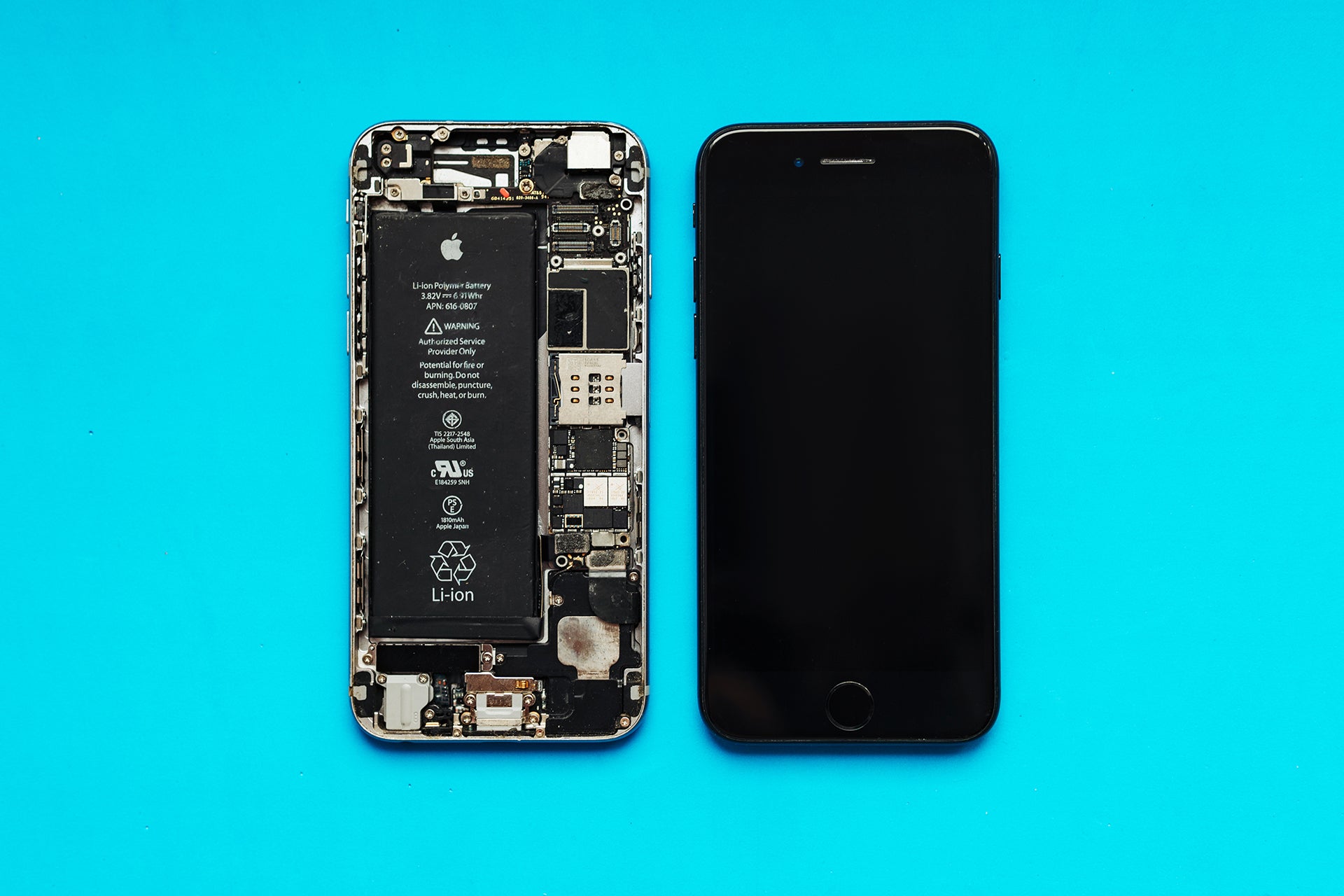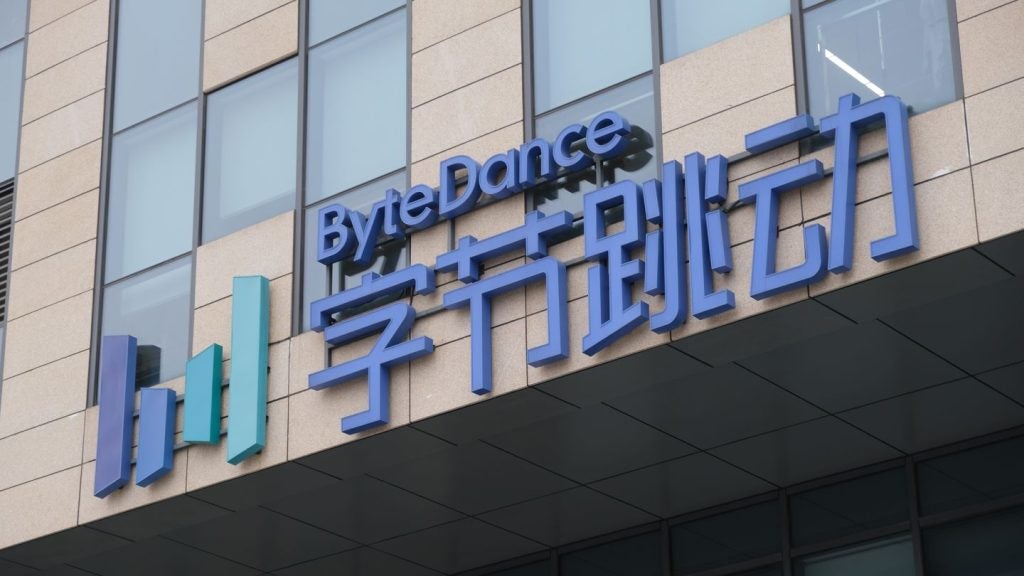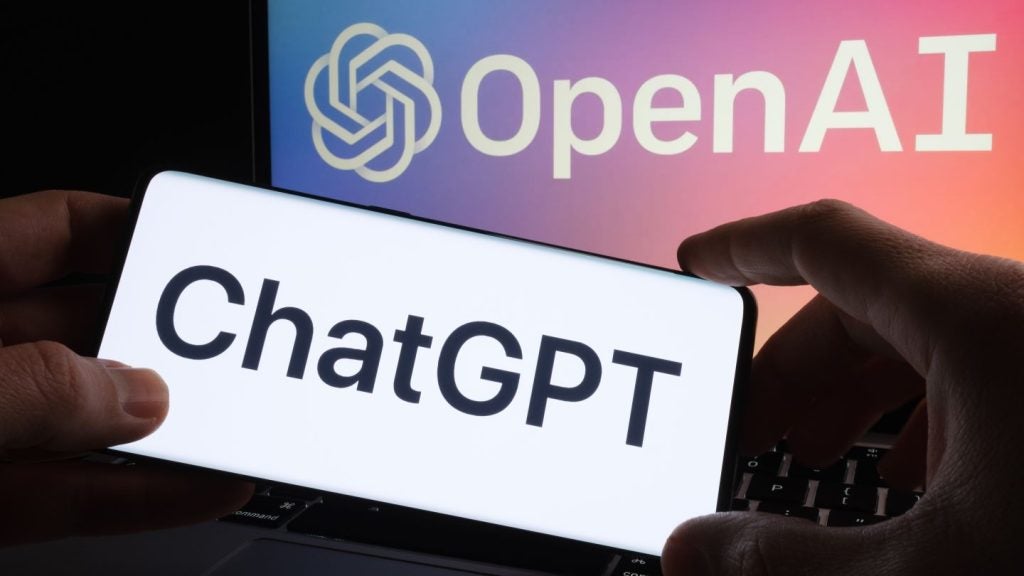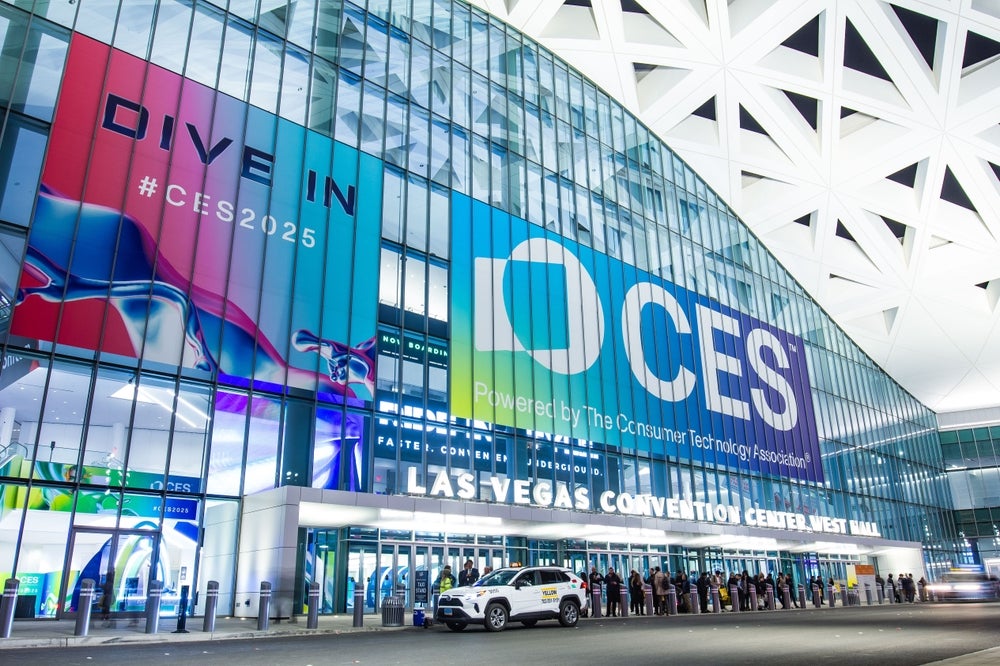
Apple has agreed to a settlement that could affect the future of small app developers around the world and the outcome of its legal dispute with video game developer Epic.
Apple and Epic have been on a collision course for a long time. The Fortnite developer has long argued that the iPhone maker takes an extortionate cut out of the earnings of developers on the App Store. Their dispute came to a head in May when they faced off in a highly anticipated trial, the outcome of which could change the mobile market at its core.
While the tech world is still waiting on the judge’s ruling in that case, a proposed settlement in another dispute could already have helped determine the outcome.
On Thursday, Apple announced that it had agreed a settlement with small developers in a separate court case. This case preceded the Epic battle as it originally kicked off in 2019 when two small app developers – Donald R. Cameron and Illinois Pure Sweat Basketball – brought the case to court. They alleged that the Cupertino-headquartered company choked competition via its App Store practices.
Like Epic would one year later, they contested the 30% cut Apple took on everything sold on the App Store, labelling it as monopolistic.
Now Apple and the developers have reached a settlement. The deal would cover US developers that made $1m or less a year. The cost of the deal would shave $100m off Apple’s earnings – pittance for a company worth north of $2.4tn.
How well do you really know your competitors?
Access the most comprehensive Company Profiles on the market, powered by GlobalData. Save hours of research. Gain competitive edge.

Thank you!
Your download email will arrive shortly
Not ready to buy yet? Download a free sample
We are confident about the unique quality of our Company Profiles. However, we want you to make the most beneficial decision for your business, so we offer a free sample that you can download by submitting the below form
By GlobalDataAnother – and arguably the biggest – concession made by Apple is that developers will now be able to share information on how to pay for purchases outside of their iOS app or the App Store, enabling them to actively skirt Cupertino’s cut. Bigger firms, such as Netflix and Spotify, have been able to circumvent these restrictions for years and give customers lower prices as a result for they don’t need to pay the additional Apple fees. The settlement would extend this right to smaller developers that have been excluded from it for years.
Apart from that, the settlement also includes more pricing tiers and Apple committing to publishing periodical transparency reports. The changes would apply to all smaller developers around the world, not just in the States.
“While it’s good publicity for Apple, this is a small concession and it’s not going to pose any significant threat to Apple’s business model as it involves only small developers, thought to account for a tiny part of the App Store commissions,” Laura Petrone, principal thematic analyst at GlobalData, tells Verdict. “Also developers will still be banned from informing customers about alternative payment methods other than through emails.”
Importantly, the settlement should also be seen in the context of the Epic and Apple trial. The deal between Cupertino and the two developers is yet to be approved by a judge. The judge who would approve it is Yvonne Gonzalez Rogers of the US District Court for the Northern District of California, the same judge who is currently working on her verdict in the Epic and Apple trial.
During the trial in May, she had actively criticised Apple’s rules that seemingly struck harder against smaller developers. In this light, an argument could be made that the settlement is more about the widely publicised trial and not the smaller battle with two minor developers.
“The lawsuit from Epic instead aims at hitting Apple’s App Store at its core by questioning Apple’s ban on alternative app stores on iPhones and considering them anti-competitive,” Petrone continues. “However, it’s unlikely that the judge will challenge the App Store’s business model directly, and in this perspective today’s settlement could serve as evidence of Apple’s goodwill and in a way appease the judge.
“It is more likely that the judge will look at ways to make the mobile app market more competitive by giving Epic and other app developers a bigger slice of the revenue that currently goes to Apple, with Apple still very much in control of the App Store and its rules.”
The news comes as Apple faces pressure around the world to change its approach to its App Store rules. Earlier this week, Verdict reported that South Korea is set to vote on legislation to prevent Apple and Google from charging software developers commission on in-app purchases, threatening to carve a big hole into their core.
Apple is also facing antitrust probes in Europe and in the US for about how Cupertino treats developers on the App Store. At the same time, lawmakers on both sides of the pond are working on new pieces of legislation aimed at throttling the Silicon Valley giants’ grip on the mobile app developer market.






